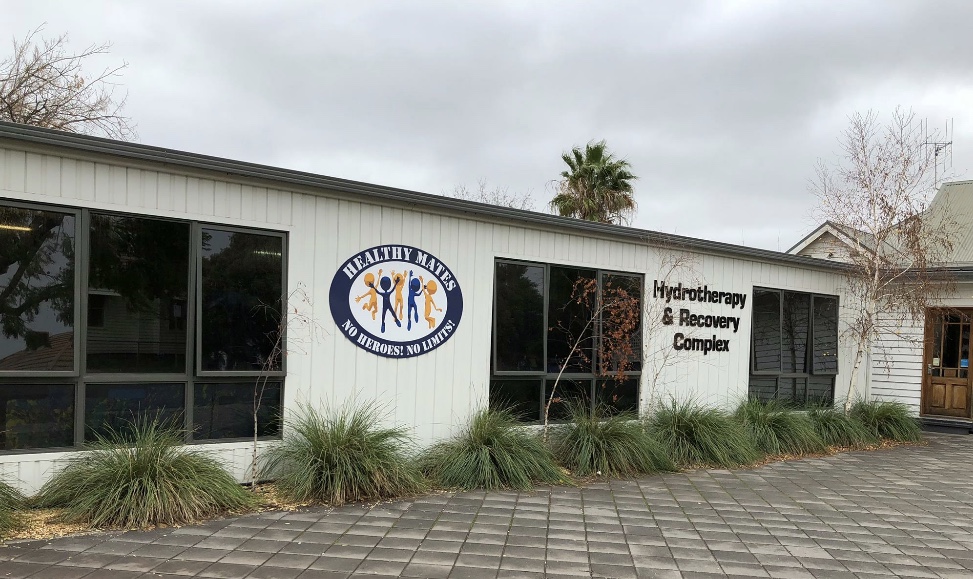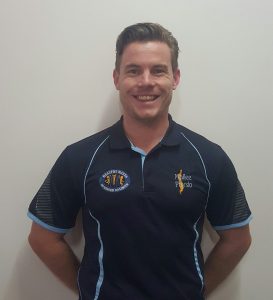In the clinic, it’s important to think critically. Each patient is important to me, and I do my utmost to ensure they receive the best care possible. Therefore, every time I meet a patient, I ask myself the same question:
“How can I best help this person? And if I can’t, who can?”
Working in a private physiotherapy clinic means you see a broad range of issues. No referral is required. In fact, booking an appointment at Mallee Physio is as simple as choosing a timeslot with your preferred therapist online. It’s great that getting an appointment is easy, but it typically means the patient alone is responsible for deciding a physiotherapist is the right person to assist in the management of their condition.
In most cases, this is an appropriate choice. However, some clients will require alternative management; be it referral to another therapist / health professional, or in extreme cases, a trip to the emergency department. To best demonstrate my point, I’ll discuss one particularly important consultation.

Several months ago, a client presented to Mallee Physio with a two-day history of severe pain at the thoracic spine, this pain would frequently radiate to the chest-wall. Upon greeting them in the waiting room, the patient was obviously in great discomfort. Despite the severity of symptoms, I was unable to reproduce or aggravate the patient’s pain with a typical assessment of the thoracic spine. Moreover, the patient’s resting heart rate was well above normal and there was severe pain with deep breathing. Also, of concern was the patient had undergone orthopaedic surgery within the last few months. It was decided that the client would immediately present to an emergency department to exclude pathology at the lungs. It was later confirmed that pulmonary embolism (a blood clot in the lung) was the cause of the patient’s symptoms. Pulmonary embolism is a condition requiring urgent medical attention.

This case highlights the importance of screening every patient. Unfortunately, not every case that walks through the door is a musculoskeletal complaint. However, most have already assumed their concern is musculoskeletal. Additionally, I believe this situation brings forth the advantages of the training a physiotherapist receives at an undergraduate level. Most believe physiotherapists are ‘muscle and bone people’. However, the management of musculoskeletal complaints is but one of three key domains of study. Cardiorespiratory and neurological physiotherapy are also equal parts of every students training. Additionally, every student is required to complete several months of hospital-based placement. This allows therapists to be highly skilled in identifying health conditions which are not suitable for physiotherapy management prior to completing their studies.
Pulmonary embolism is one condition which my training and experience has allowed me to detect during patient examination. Continuing to think critically has allowed myself and the team at Mallee Physio to detect a range of health conditions which are not amenable to physiotherapy treatment or require specialist management; rheumatoid arthritis, Guillain-Barré syndrome, cauda equine syndrome, fractures, complex regional pain syndrome, Raynaud’s syndrome, gout, infection and deep vein thrombosis to name just a few.
The purpose of this blog is not to say that a physiotherapist is not the person you need to see, rather the opposite. If you’re not sure who to see, a physiotherapist can be a great start! Our skills in patient examination, breadth of knowledge and experience means if we can’t help you, it’s likely we can suggest what steps need to be taken next.
Thomas Anderson
B. Hlth. Sci. M. Physio. Grad. Cert. Musculoskeletal Physiotherapy.


